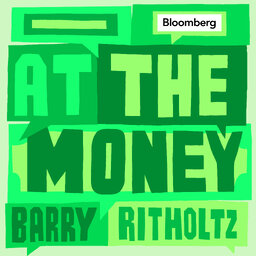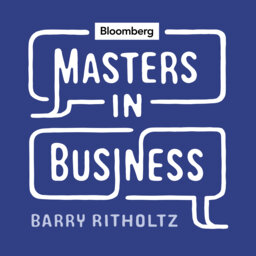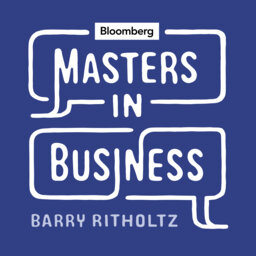An Interview With Bill Janeway: Masters in Business (Audio)
Jan. 4 (Bloomberg) -- Bloomberg View columnist Barry Ritholtz interviews William H. Janeway, Managing Director of Warburg Pincus and author of “Doing Capitalism in the Innovation Economy: Markets Speculation and the State”, published by Cambridge University Press in October 2012. They discuss the history of financial bubbles. This interview aired on Bloomberg Radio.
In 1 playlist(s)
Masters in Business
Barry Ritholtz speaks with the people that shape markets, investing and business.Social links
Follow podcast
Recent clips

At The Money: The Mega Backdoor Roth
16:21

Why a Joint Account Can Be a Sign of Healthy Marriage
1:01:20

BONUS: NY Comptroller Candidate Drew Warshaw on Changing the NY State Pension Funds
59:27
 Masters in Business
Masters in Business